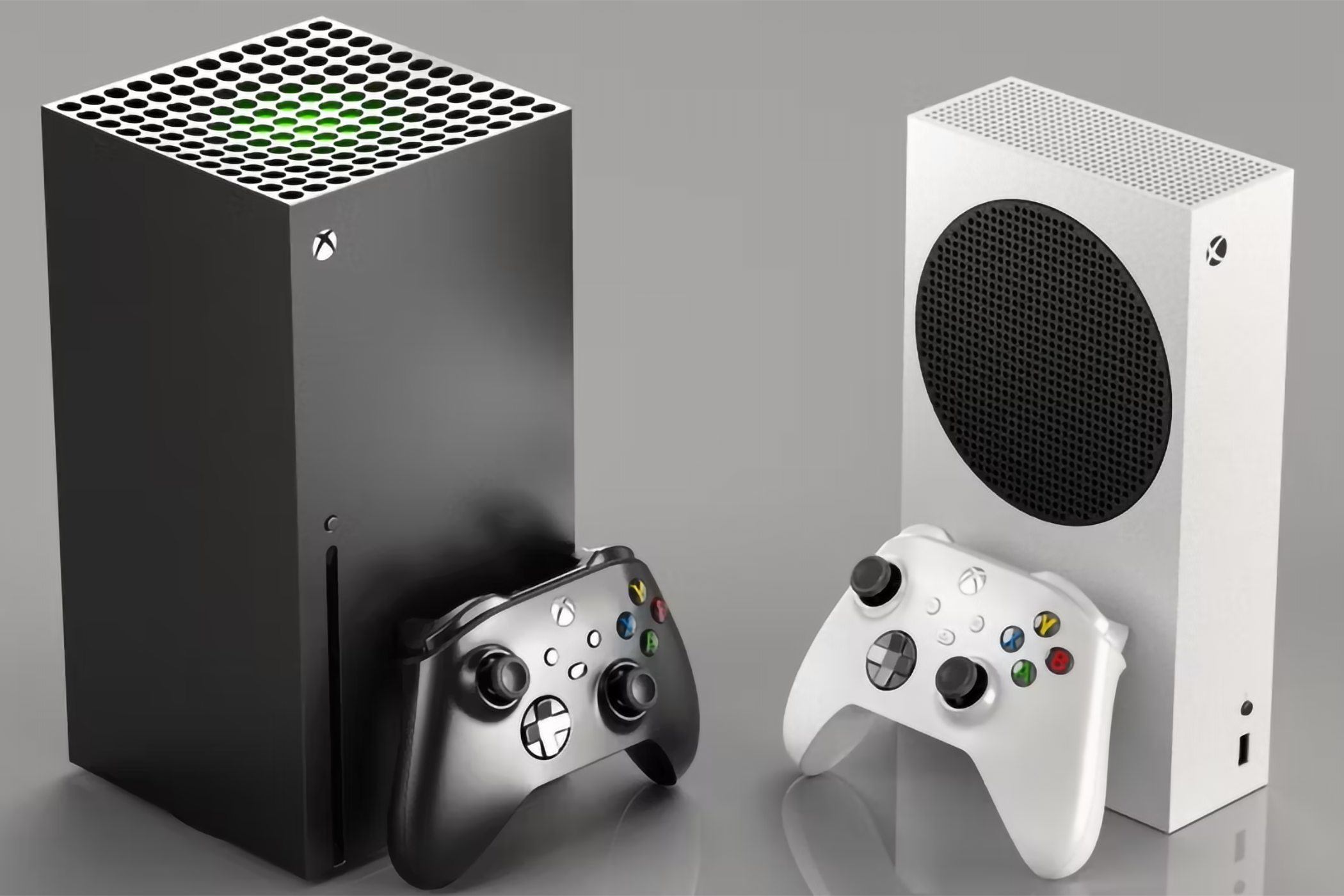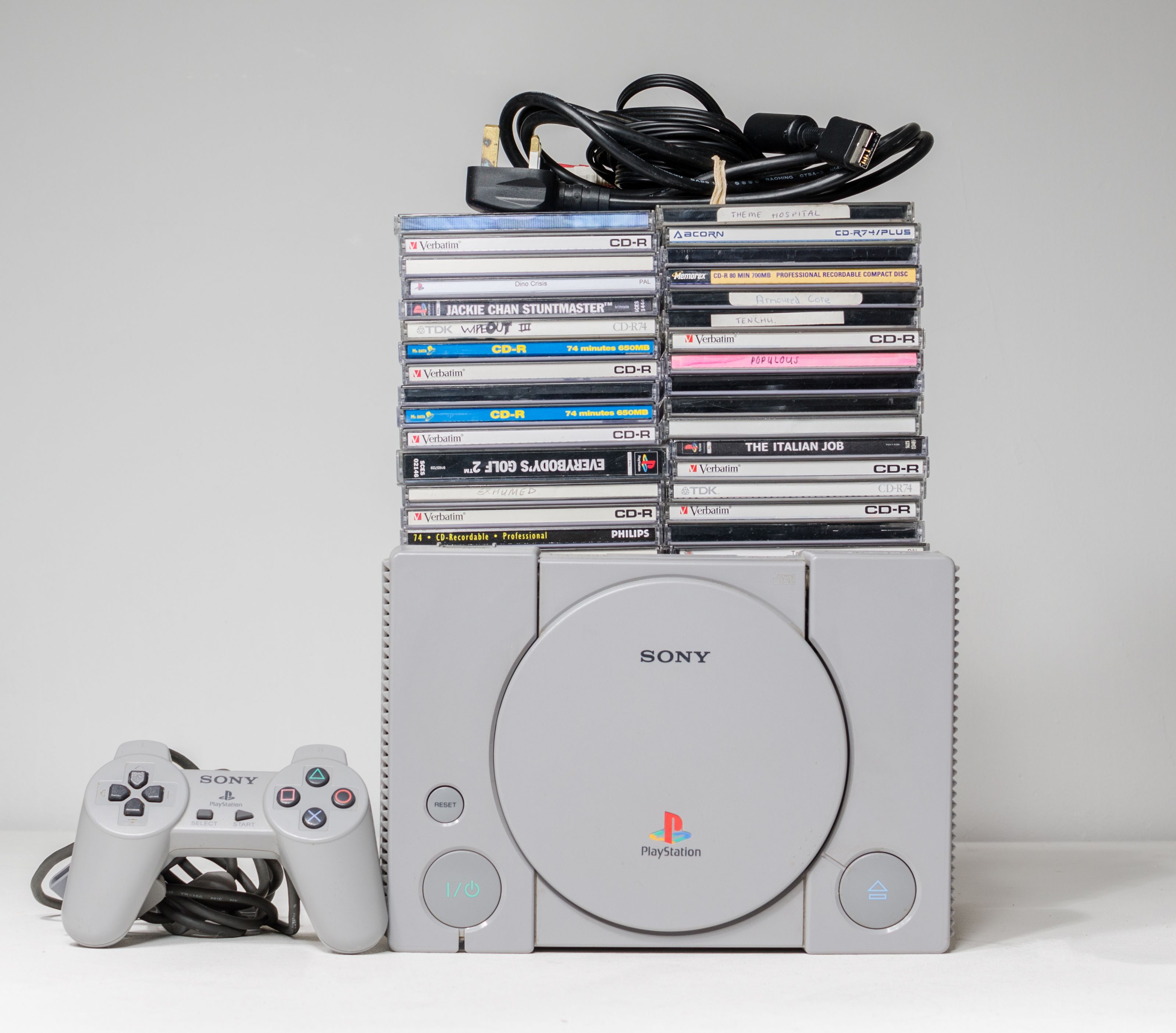Key Takeaways
- Homebrew software is created by hobbyists for consoles, originating from the desire to run unofficial apps and games.
- Developers must “crack” consoles to run homebrew, bypassing the sanctioned software requirement of closed systems.
- Homebrew is not inherently illegal; it has impacted computer history, leading to the development of apps and games we know today.
Unlike PCs, consoles don’t let you run whatever software you’d like on them. Some programmers took this as a personal challenge, and thus homebrew software was born. As the name suggests, homebrew apps don’t come through official channels, but homebrew is an important part of computer history in general, and console history in particular.
What Is Homebrew?
Coming from the same origin as home-brewed alcohol, the term “homebrew” in the context of console software simply means that the app or game in question has been written by hobbyists. The actual homebrew can be anything. Simple apps like you’d use on any computer, game emulators for other platforms, or full-blown games are all examples of potential homebrew projects.
How Does Homebrew Work?
If you want to write software for a PC or a Mac, all you have to do is sit down and write the code. No one is stopping you from running any software you write on your computer, or for anyone else to run that software if they want to. There are thousands of awesome free and/or open source apps on the web you can download for your computer that were made in people’s bedrooms in their spare time.
Video game consoles, on the other hand, are closed systems. Only software sanctioned by the console maker can be run on the hardware. The main reason for this is to prevent piracy. So, if you want to write homebrew software for a console, it has to be “cracked” first. In other words, the protections put in place to stop unapproved code from running on the system must be defeated.
For some consoles, this meant installing a physical modification to circumvent copy protection. For others, it might be a software modification or loading custom firmware. Different consoles have needed different approaches over the years. Funnily enough, if you want to run homebrew software on a modern Xbox Series X or S, all you have to do is register and pay for a developer account, and you’re good to go with Microsoft’s blessing.
Opening a console up to run any code you want is only the first step. Actually developing software for that system can be tricky. In many cases, you need a developer kit. These are special versions of the console that game developers have to purchase at great expense. These “dev kits” let you write and test code on the original console hardware. This is important, since many consoles have unique architectures that have to be catered to by developers.
The Legal Gray Area of Homebrew
Unlike pirated copies of video games, homebrew software itself isn’t illegal just by virtue of being homebrew. Defeating the copy protection of a console may be illegal in some parts of the world, and homebrew software that enables piracy may likewise run afoul of the law, but a game that someone created as homebrew isn’t illegal. There is always a risk in modding your console to allow for homebrew, from bricking the system to getting it banned from online services, but the homebrew community has always had a strong following. There are even some folks who buy two units of a console—one to modify and the other to leave unaltered, just so they can experiment with homebrew.
The Impact of Homebrew
While the homebrew community is a niche and often misunderstood one, while being unfairly conflated with video game pirates, it’s an important part of computer history. Some apps many people use today, such as Kodi, are direct descendants of homebrew. Likewise, homebrew was how many software and game developers got their start in the business. Homebrew has pushed the official emulation technology used on modern consoles forward, and this has helped officially and legally preserve and update many classic titles.
We’ve even seen some recognition of homebrew from console makers, such as the aforementioned developer mode on Xbox consoles, or Indie game development programs meant to help small game development teams get their software on consoles legitimately. It’s just in the nature of programmers to see a sweet piece of hardware and want to write something for it. That will probably never change, and so, as long as there are consoles, we’ll have some form of homebrew.






